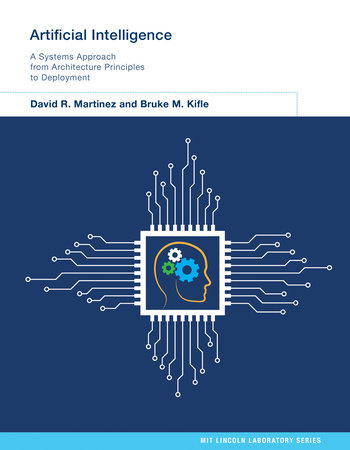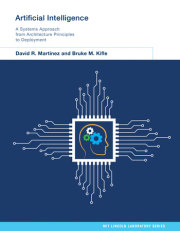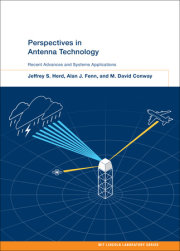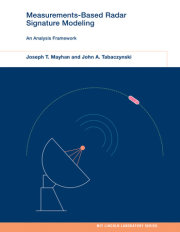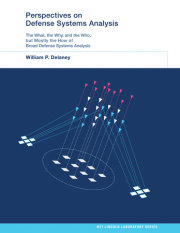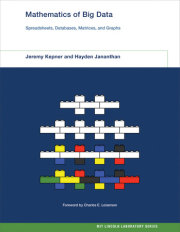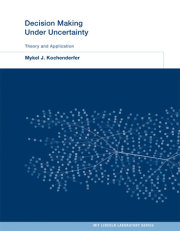Table of Contents
Preface 3
Acknowledgements 6
1 Overview 17
Part I AI System Architecture 49
2 Fundamentals of Systems Engineering 50
3 Data Conditioning 86
4 Machine Learning 127
5 Modern Computing 181
6 Human-Machine Teaming 258
7 Robust AI Systems 297
8 Responsible AI 343
Part II Strategic Principles 375
9 AI Strategy and Roadmap 376
10 AI Deployment Guidelines 427
11 MLOps: Transitioning from Development into Deployment 473
12 Fostering an Innovative Team Environment 518
13 Communicating Effectively 574
14 Use-Case Example #1: Misty Companion Robot as Alzheimer’s Application 605
15 Use-Case Example #2: Bose AI-Powered Cycling Coach and Warning System 614
16 Use-Case Example #3: Meal Evaluation & Attainment Logistics System (MEALS) 622
17 Use-Case Example #4: Managing Energy for Smart Homes (MESH) 632
18 Use-Case Example #5: AquaAI—An AI-Powered Modernized Marine Maintenance System 641
Appendices 649
Glossary 677
Index 680

